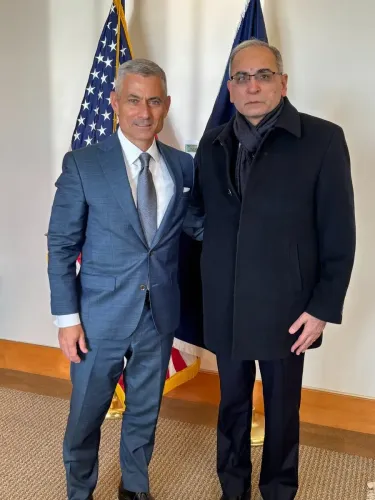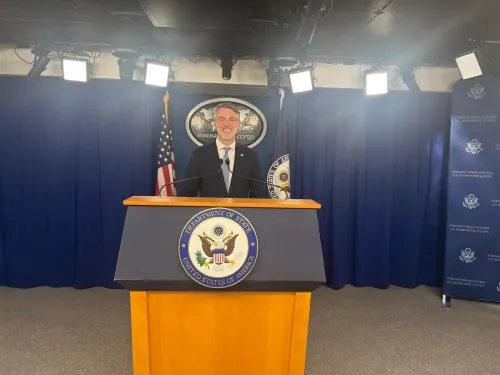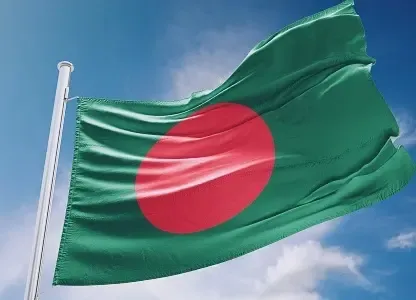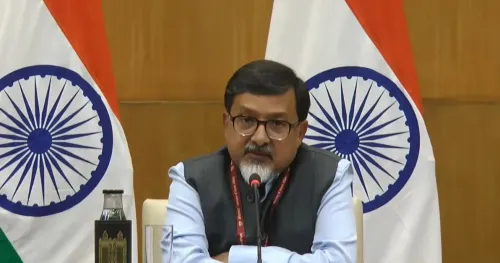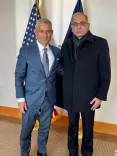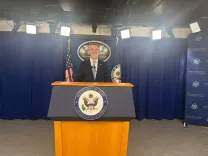World Bank Grants $257.8 Million for Water Supply Enhancement in Lebanon
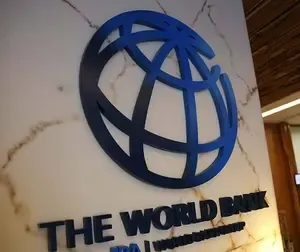
Synopsis
Key Takeaways
- 257.8 million USD approved for water supply improvements.
- Targeting 1.8 million people in Greater Beirut.
- Reducing dependence on private water tankers.
- Enhancing surface water supply to 70 percent.
- Addressing climate change impacts on water availability.
Beirut, Jan 16 (NationPress) The World Bank has authorized financing of 257.8 million USD to enhance water supply services in Greater Beirut and Mount Lebanon.
A statement issued by the World Bank indicated that the Second Greater Beirut Water Supply Project will fund the completion of bulk water infrastructure that was initiated and developed under a previous initiative, as well as repair water infrastructure that may have been damaged during the conflict, according to Xinhua news agency.
The goal of the project is to expand water supply coverage for the 1.8 million inhabitants of the Greater Beirut and Mount Lebanon region, significantly diminishing dependence on private water tankers, which can be as much as 10 times more costly. It added that this investment in infrastructure will enhance surface water supply to satisfy on average 70 percent of demand during the dry season, an increase from 24 percent.
"The Second Greater Beirut Water Supply Project underscores the World Bank's ongoing commitment to assist Lebanon's long-term development despite recent conflicts and ongoing crises," remarked Jean-Christophe Carret, World Bank country director for the Middle East department.
Even though Lebanon experiences some of the highest levels of rainfall in the region, it suffers from water shortages primarily due to seasonal rain distribution and inadequate surface water storage.
According to the statement, climate change could reduce dry-season water availability by 50 percent by 2040 and exacerbate flooding and droughts.
Previously, Jean-Christophe Carret voiced the World Bank's objective to work together with the Lebanese government on the country's reconstruction.
His comments came during a meeting with Lebanese Parliament Speaker Nabih Berri, where they explored reconstruction initiatives, including debris removal, infrastructure repair, and the rehabilitation of industrial and agricultural facilities.
Berri commended the World Bank's willingness and readiness to assist Lebanon in rebuilding and addressing the aftermath of Israeli aggression.
He also requested more details on the plan being prepared by the World Bank, emphasizing that "this plan should incorporate land reclamation and securing loans for farmers, industrialists, and small business owners to help them recover by the end of this year."
As per the World Bank, the physical damages and economic losses incurred from the Hezbollah-Israel conflict in Lebanon are estimated at $8.5 billion.

